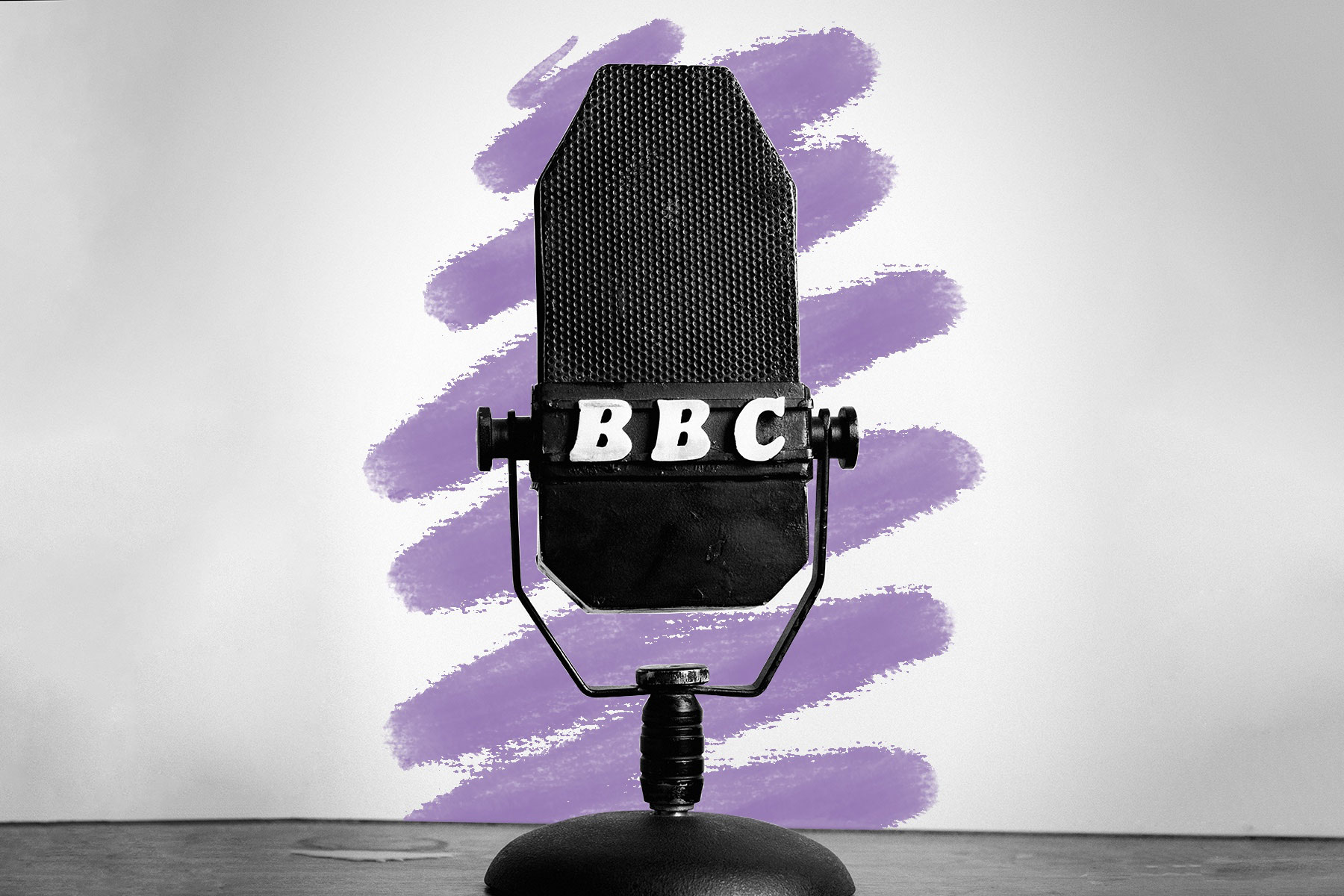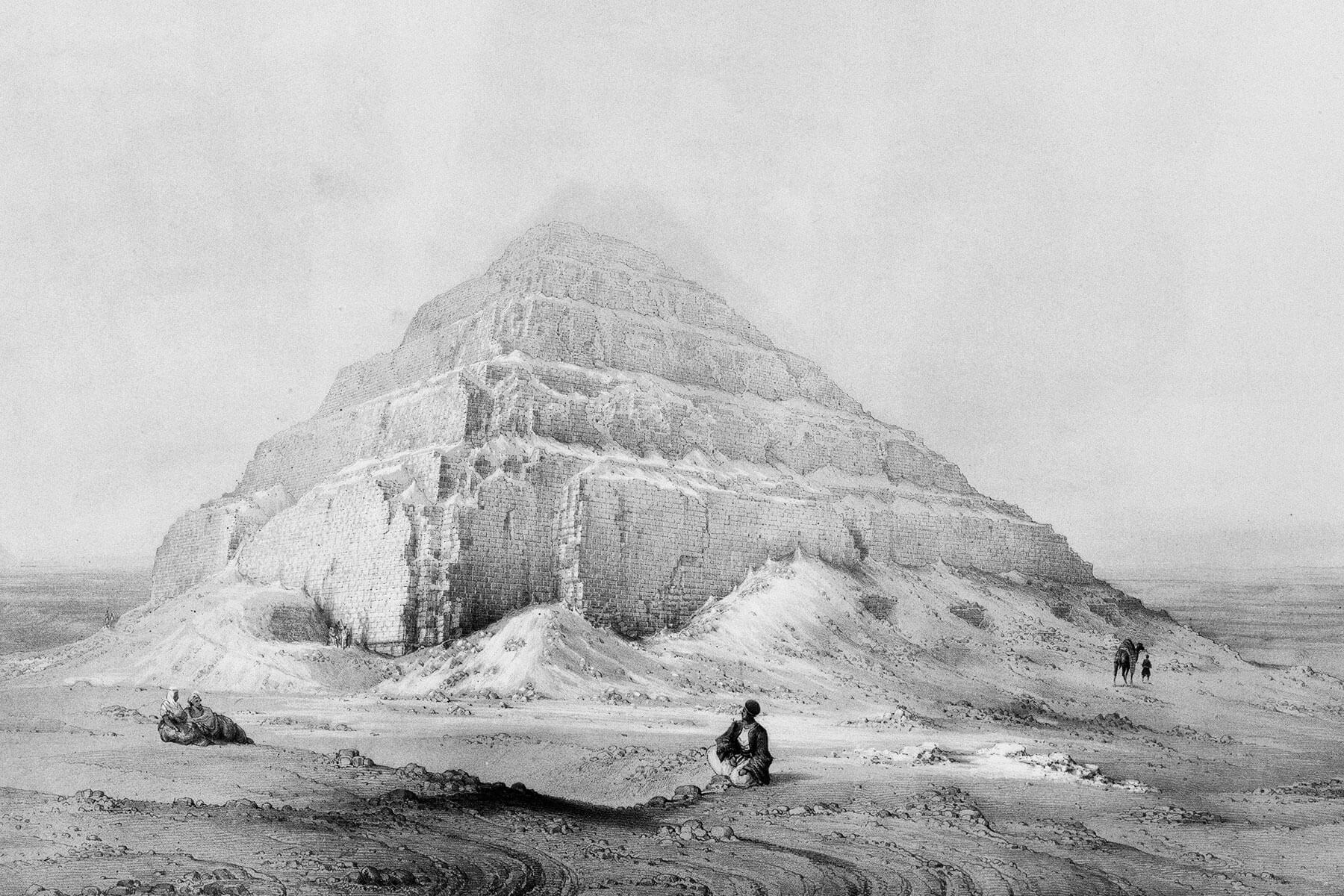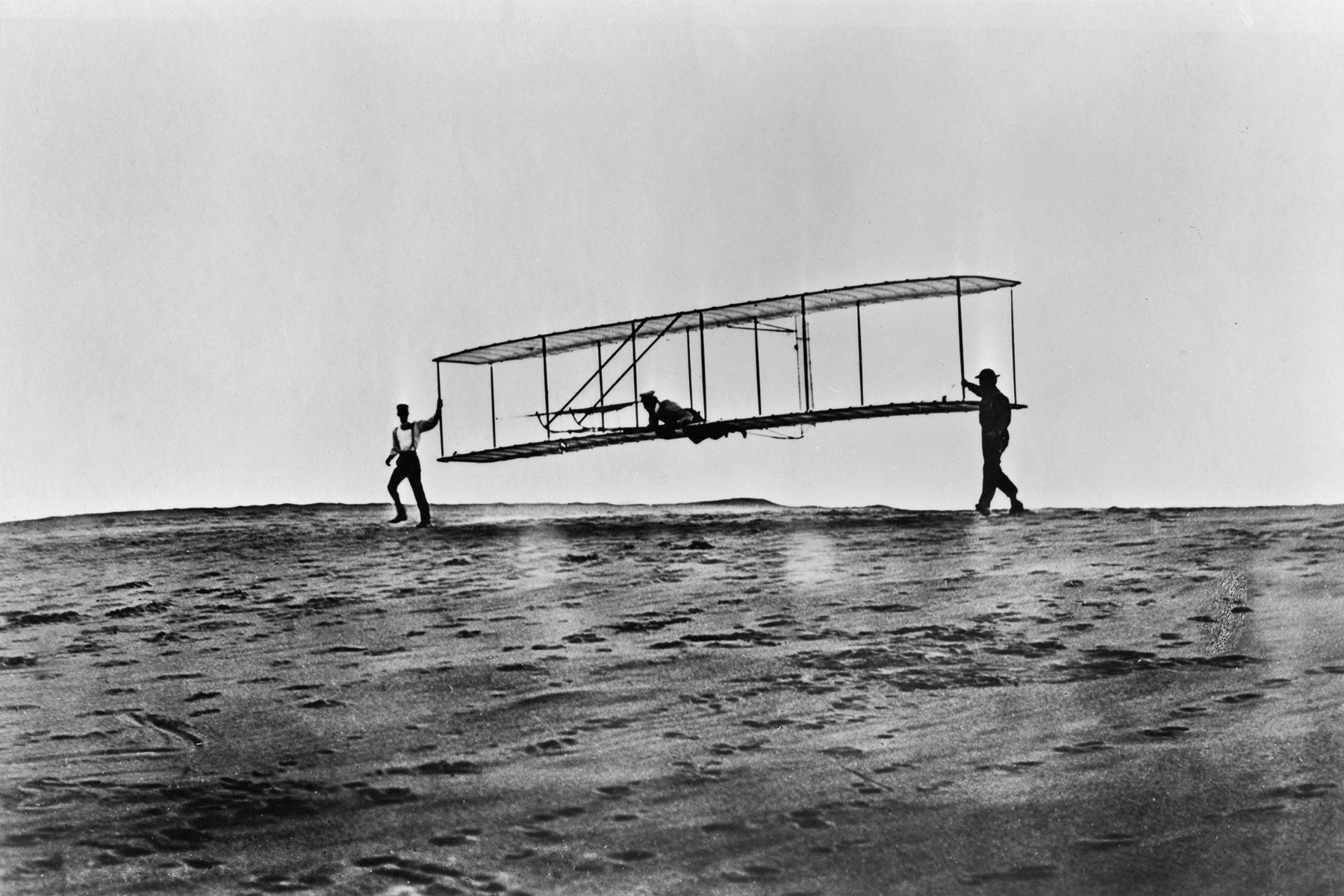The day without news
Tuesday, April 16, 2024
With today's 24-hour news cycle, it feels like notable events are happening every second. But on April 18, 1930, nothing newsworthy occurred — at least according to the British Broadcasting Corporation. |
| |
| |
|
 |
|
| W ith today's 24-hour news cycle, it feels like notable events are happening every second. But on April 18, 1930, nothing newsworthy occurred — at least according to the British Broadcasting Corporation. At the start of its regular news broadcast at 8:45 p.m., the BBC announced, "Good evening. Today is Good Friday. There is no news." This unexpected declaration was followed by 15 minutes of piano music, before the radio station resumed its broadcast of Wagner's opera Parsifal. Though curious listeners were likely dumbfounded by this bold assertion, there were no other national networks to contest the BBC's claim. That's because the BBC held a nationwide monopoly on delivering news on television until 1954, and on the radio until 1972. |
|
|
| In reality, April 18, 1930, was quite the notable news day, as nationalist rebels conducted a raid on British forces in India, which was then part of the British Empire. But communication lines were cut during the attack, making it impossible for the BBC to be aware of the news. Under the impression there were no major headlines that day, the network felt no need to lower its broadcast standards solely to fill time. The BBC decried sensationalist news reporting, and shied away from covering local automobile accidents and fires in favor of big-picture affairs that had global repercussions. In the end, the small news department — which consisted of just two editors and two sub-editors at the time — determined that April 18 simply had no events worth commenting on. |
|
| Continue Reading |
|
|
 |
|
By the Numbers |
|
| BBC viewers who watched Queen Elizabeth II's coronation | | | 20 million |
| | | Edition of Wimbledon that was BBC Television's first color broadcast | | | 81st |
| | | Edition of Wimbledon that was BBC Television's first color broadcast | | | 81st |
|
|
|
| Wartime speeches made by Winston Churchill on BBC Radio | | | 33 |
| | | Year BBC cameras were first installed in Westminster Abbey | | | 1953 |
| | | Year BBC cameras were first installed in Westminster Abbey | | | 1953 |
|
|
|
 |
|
 | | Did you know? |
|
|
The BBC once told viewers that spaghetti grows on trees. |
|
| On April Fools' Day in 1957, the BBC informed viewers in England that there was a purported "spaghetti farm" in Switzerland where pasta grew on trees. The network aired a fabricated video featuring Swiss women harvesting spaghetti from an orchard, narrated by war correspondent Richard Dimbleby — a veteran broadcaster known for his straightforward demeanor, which only added to the prank's believability. At the time, many Brits were unfamiliar with Italian food, and hundreds of viewers called the BBC asking how they could grow spaghetti-producing plants of their own. In response, phone operators instructed the gullible callers to "place a sprig of spaghetti in a tin of tomato sauce and hope for the best." The prank proved to be so believable that it even fooled some BBC staff members, including the network's general director. |
|


posted by June Lesley at 4:02 AM










![]()
![]()
.png)





0 Comments:
Post a Comment
<< Home